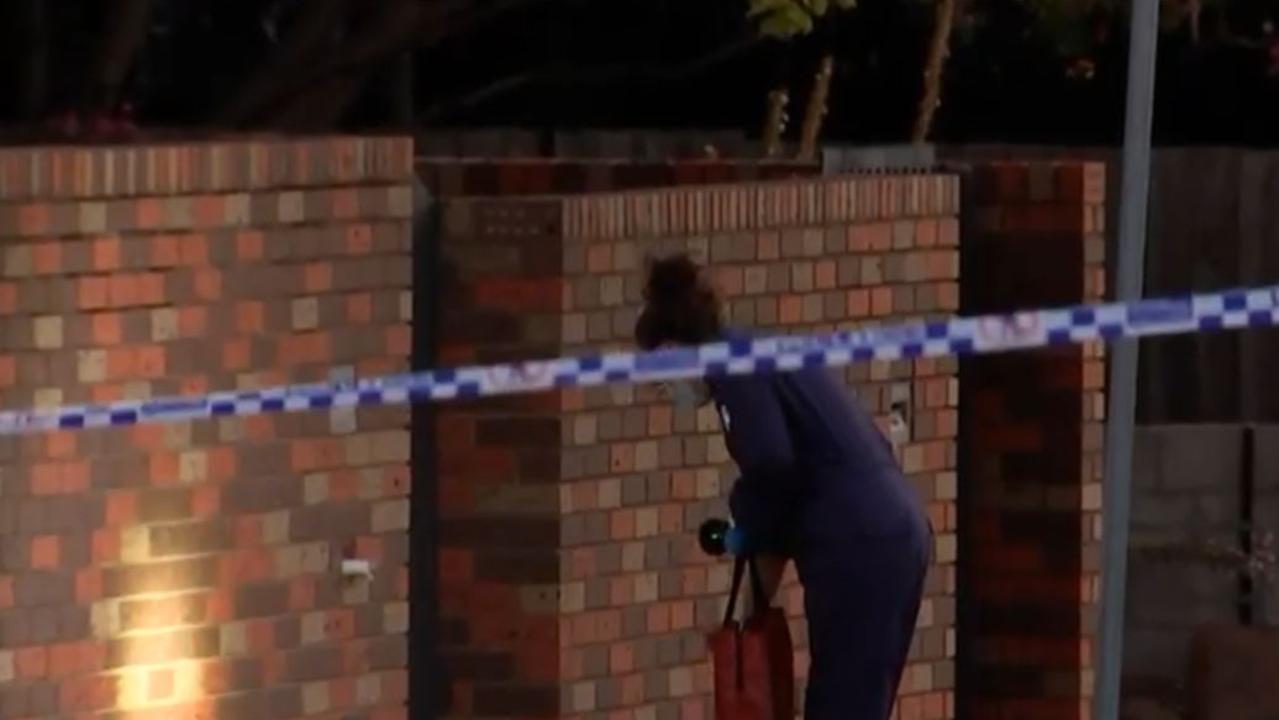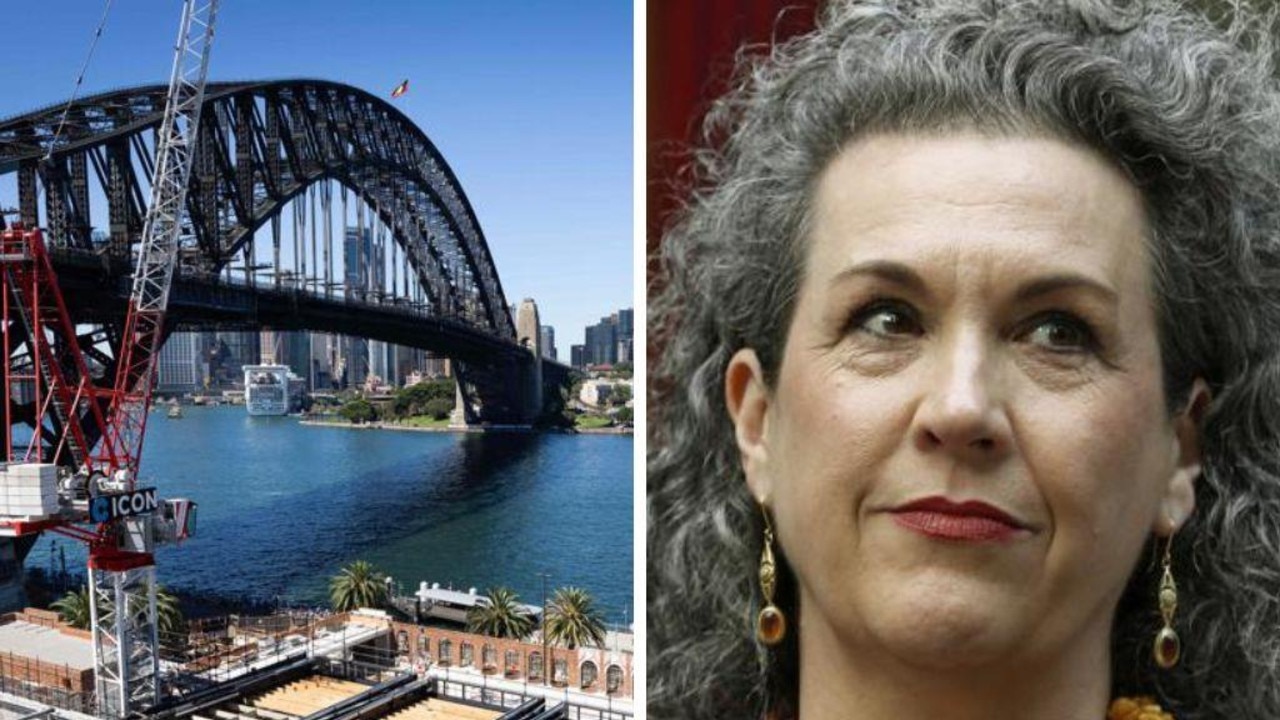Indigenous Australians share their hopes and fears as the Voice to Parliament referendum nears
In one Indigenous community the countdown to the referendum has brought both excitement and wary cynicism, as locals with a vision for how a Voice could change their future fear Australians will not walk with them.
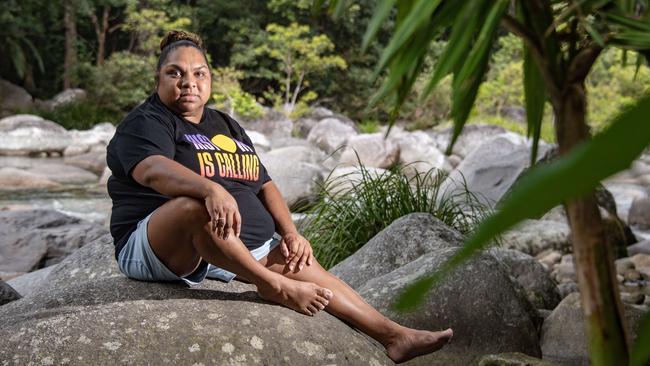
National
Don't miss out on the headlines from National. Followed categories will be added to My News.
In the small Indigenous community of Mossman Gorge the countdown to the referendum has brought both excitement and wary cynicism as locals with a vision for how a Voice could change their future fear Australians will not walk with them.
Consultation on more housing, services for women escaping violence and greater input on employment are among the remedies the far north Queensland community of about only 100 people are seeking through a national advisory body.
To be within reach of constitutional recognition is an emotional feeling for local man Aaron Toby, who has already voted Yes, for what he says would give “future generations a better chance” at succeeding in life.
Karen Gibson, 58, works with Pama Futures, a local community-led decision making organisation, said it was a “privilege” to be able to vote on Indigenous recognition, which she never thought would happen in her lifetime.
“This is like Haley’s Comet it only comes around every 70 years so we have to grab the chance,” she said.
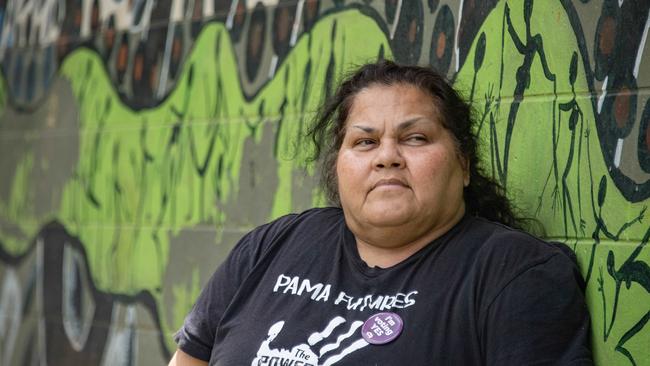
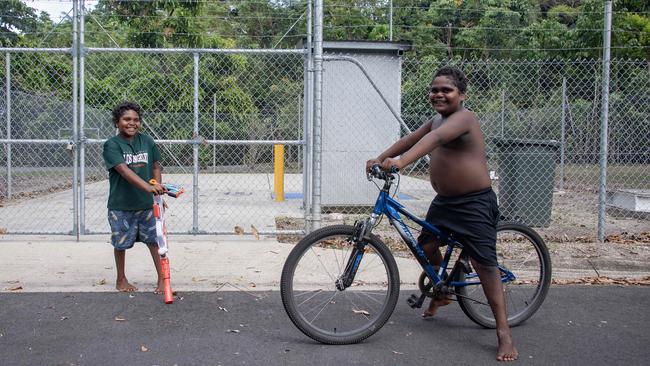
A scattering of houses, an art centre, community garden and sporting field make up the main features of the township nestled in the hills of the tropics among pristine waterways visited by tens of thousands of tourists every year.
Though located comparatively close to health, education and services in the nearby town of Mossman, residents of the Gorge suffer significantly worse wellbeing and employment outcomes and have struggled to ensure all revenue raised from tourism flows back into the community.
Ms Gibson said if the No vote succeeded, she would see that as “to be expected” given Australia’s past struggles with recognition.
Her message to undecided voters was clear: “they are the missing link” to helping her mob and others be recognised.
“I want to be identified, I don’t want to be invisible any more, my ancestors before me were always invisible, I want to be visible, to say we’re here, and what we’re going to do now is come out of the mist to the future,” she said.
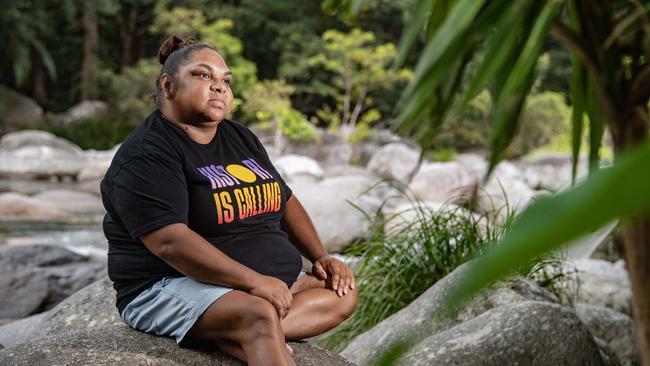
Kuku Yalanji Traditional Owner Nikisha Missionary, 32, said she hoped a Voice would provide an avenue for the community to reach the parliamentarians in Canberra on issues affecting the town, like housing or domestic violence.
“We have a women’s shelter built but, we don’t have the ongoing funding to run it,” she said.
“These are the problems when help is given without asking exactly what is needed.”
Mossman Gorge recently suffered five deaths in just four weeks – a stark reminder of the Indigenous health gap and also a complicating factor for referendum logistics as sorry business meant only about 20 residents took the remote polling opportunity and the rest must now find their way into town on October 14 to vote.
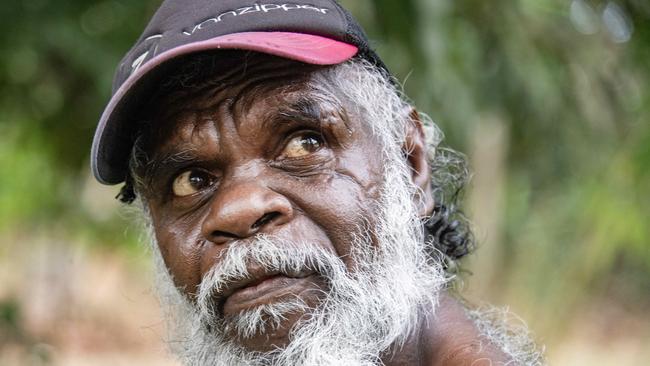
Local man Lester Bloomfield has limited mobility needs a chair to get around and said he was anxious about inadvertently missing the “very important” vote.
While support for the Voice is strong at the Gorge, not everyone in the region is so certain, with Jon (Kieran) Ryan, the cultural co-ordinator at the Jabalbina Yalanji Aboriginal Corporation revealing he plans to vote No in the hope focus switches to negotiating treaties instead.
“Clans all operate differently, we all have our own goals, so respectfully I think we need to sit down at the table with government and do treaty properly,” he said.
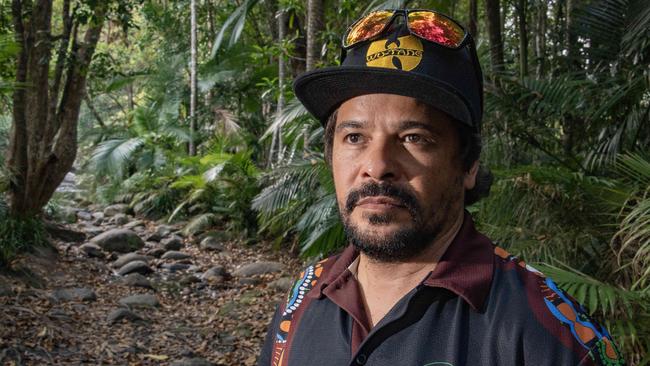
Mr Ryan said if a Voice did succeed it would need to appropriately consider the differences between different clans within each region, let alone state-to-state.
“I personally don’t see how that could be achieved through the regionalisation of representatives,” he said.
Sebastian Winkle, 24, has recently decided he would vote Yes in the referendum, but having missed the opportunity to do so early in his community was not sure if he would make it to town to lodge a ballot paper.
“I plan to,” he said. “We’ll see.”
Voter turnout is considered a major challenge this referendum, with young men traditionally the least likely to get to a polling station.




